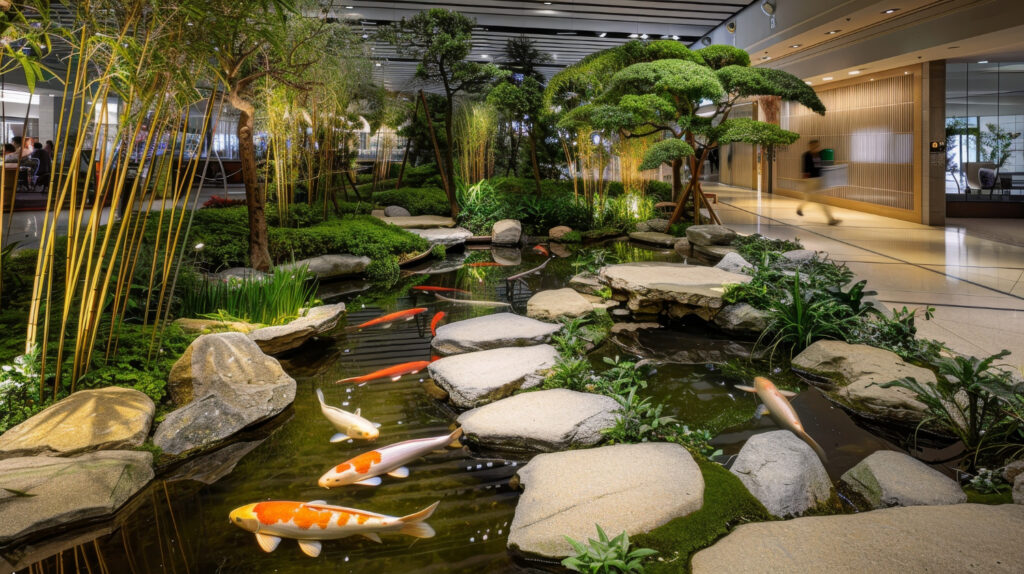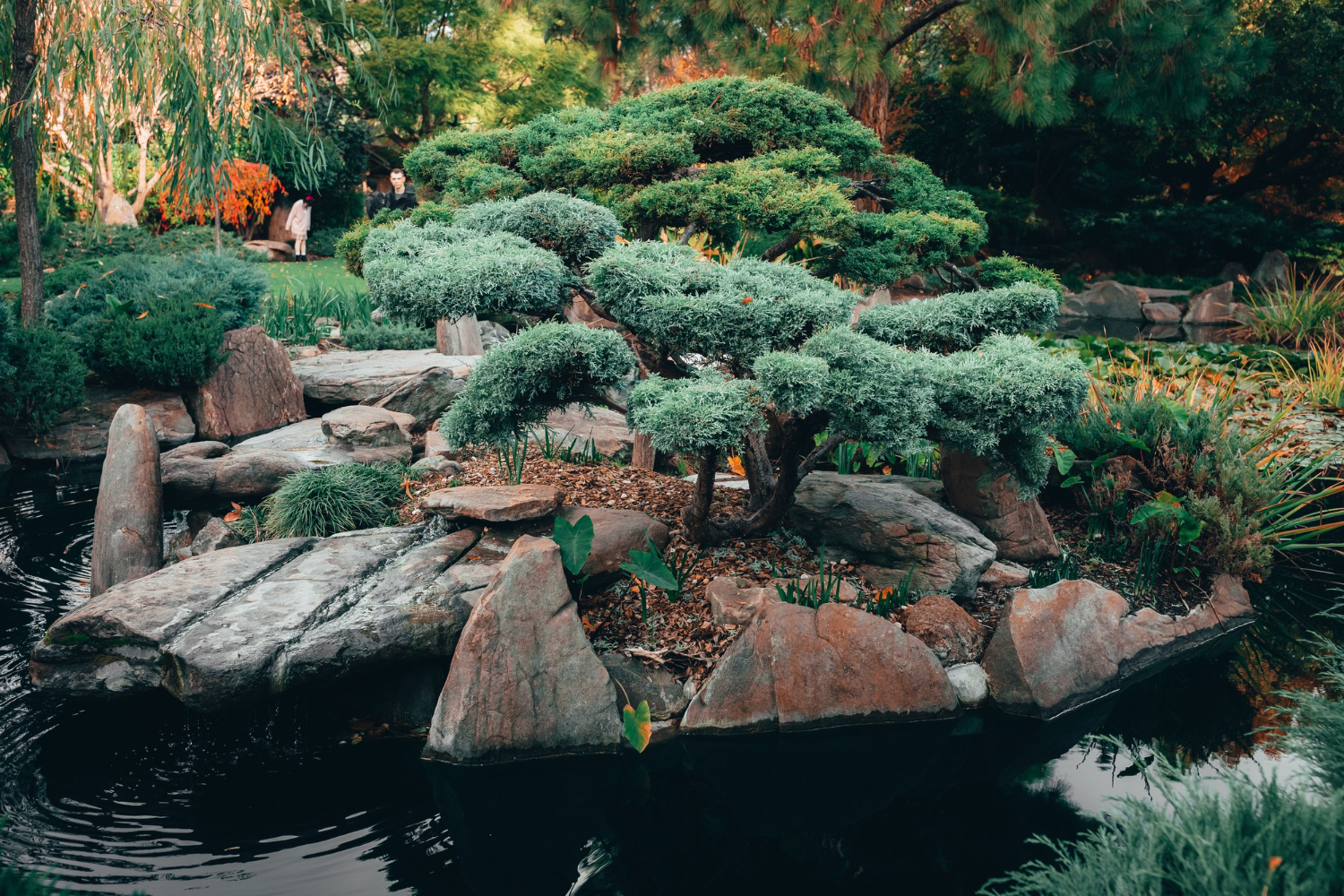Landscaping
Landscaping Services in Dubai

Landscaping involves designing and maintaining outdoor spaces to enhance their beauty, functionality, and sustainability. In Dubai, where outdoor environments play a significant role in luxury living and commercial aesthetics, landscaping is a vital component of property development. From residential gardens to large commercial complexes, effective landscaping creates visually appealing and practical spaces that complement the natural environment.

Types of Landscaping
There are several approaches to landscaping, each tailored to different needs and preferences:
- Residential Landscaping: Focused on enhancing the outdoor areas of homes, residential landscaping can include garden beds, lawns, patios, and water features. It often blends aesthetics with practical elements such as seating areas, pathways, and lighting.
- Commercial Landscaping: For businesses, landscaping is important for creating welcoming environments. This can include corporate gardens, outdoor seating areas, parking lot landscaping, and entranceway designs that make a great first impression on clients and visitors.
- Sustainable Landscaping: As environmental concerns grow, many are turning to sustainable landscaping. This approach incorporates native plants, water-saving irrigation systems, and eco-friendly materials to reduce environmental impact while creating beautiful spaces.
Key Landscaping Elements
Several key elements contribute to an effective landscaping design:
- Hardscaping: This refers to the non-plant elements in a landscape, such as pathways, walls, decks, and patios. Hardscaping structures provide form and function to outdoor spaces, creating areas for walking, seating, and gathering.
- Softscaping: Softscaping involves the living components of the landscape, such as plants, trees, flowers, and grass. Choosing the right plants for Dubai’s climate, which is hot and arid, is essential for ensuring longevity and sustainability.
- Water Features: Fountains, ponds, and waterfalls are common in Dubai’s luxury landscapes, adding tranquility and visual appeal. However, water conservation is important, so efficient systems and recycled water usage are becoming more popular.
- Lighting: Outdoor lighting enhances the safety and ambiance of a landscape, especially at night. Strategic lighting around walkways, water features, and seating areas can highlight the beauty of a landscape while improving usability after dark.
Landscaping in Dubai’s Climate
Dubai’s harsh desert climate requires a specialized approach to landscaping. Plants and materials must be chosen carefully to withstand extreme heat and limited water availability. Some popular plant options for Dubai’s landscapes include:
- Drought-Resistant Plants: These include succulents, cacti, and other plants that require minimal water and thrive in hot, dry conditions.
- Native Species: Incorporating plants that are native to the region helps reduce water consumption and creates a more sustainable landscape.
- Palm Trees: Palm trees are iconic in Dubai and are widely used in landscaping for both residential and commercial properties.
Water conservation is a major consideration in Dubai’s landscaping. Efficient irrigation systems, such as drip irrigation, are used to minimize water waste while ensuring that plants receive the hydration they need.
Landscape Maintenance
Regular maintenance is necessary to keep a landscape healthy and visually appealing. Key maintenance tasks include:
- Lawn Care: Regular mowing, fertilizing, and watering are essential for maintaining a green and healthy lawn. In Dubai, water-efficient practices are crucial due to the dry climate.
- Pruning and Trimming: Trees, shrubs, and plants need to be regularly pruned to maintain their shape and health. Trimming overgrown branches and removing dead plants help ensure that the landscape remains attractive.
- Pest Control: Protecting plants from pests and diseases is important for preserving the beauty of a landscape. Eco-friendly pest control methods are often preferred to minimize environmental impact.
Sustainable and Eco-Friendly Landscaping
Sustainability is becoming a growing trend in landscaping as people seek ways to reduce their environmental impact. Eco-friendly landscaping techniques include:
- Xeriscaping: This involves designing landscapes that require little or no irrigation, using drought-tolerant plants and minimizing water use.
- Recycled Materials: Using recycled or locally sourced materials for hardscaping can reduce the carbon footprint of a landscaping project.
- Green Roofs and Walls: These innovative solutions involve incorporating vegetation into roofs and walls, providing insulation and reducing energy consumption while adding greenery to urban spaces.
Conclusion
Landscaping is an essential aspect of enhancing outdoor environments, whether for residential properties, commercial spaces, or public areas. In Dubai, where the climate presents unique challenges, effective landscaping requires careful planning, sustainable practices, and regular maintenance to create beautiful, functional, and eco-friendly spaces. Whether for luxury homes or corporate landscapes, well-designed landscaping can transform outdoor areas into inviting and aesthetically pleasing environments.

